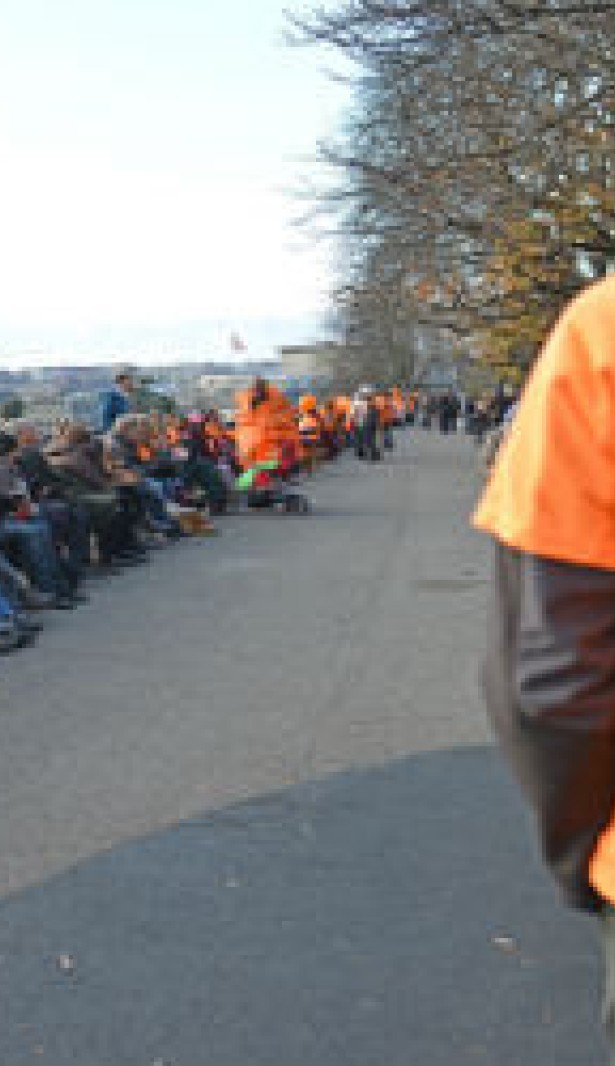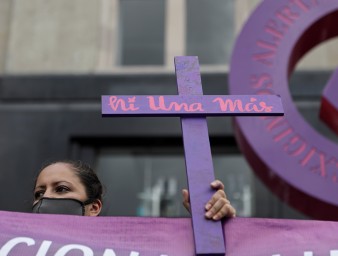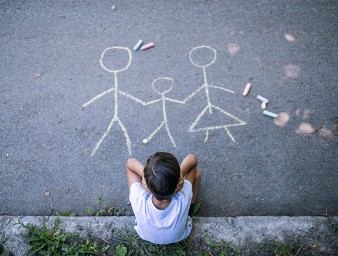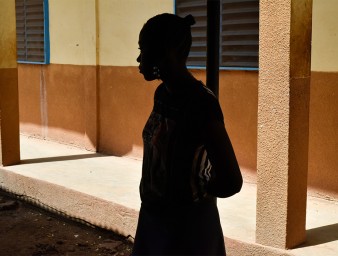Geneva focus of forum on preventing violence against women
03 December 2015
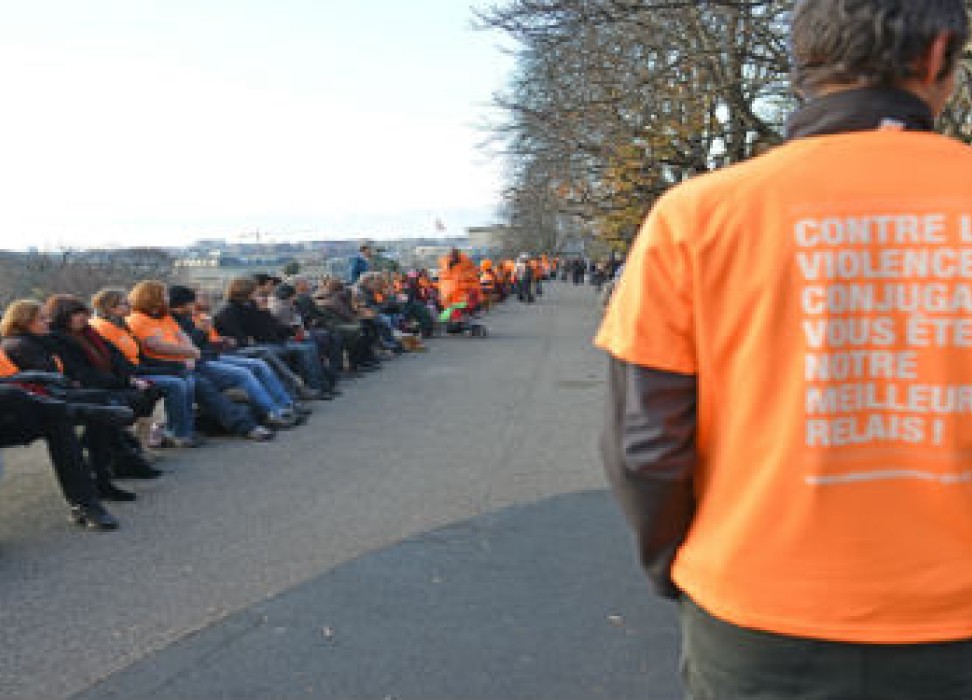
No place is immune when it comes to the issue of violence against women, said Veronica Birga, who heads the Women’s Human Rights and Gender Section for the UN Human Rights Office. It is a problem not just of the developing world, but for the developed world as well.
“Eliminating violence against women requires changing mind-sets, it requires both men and women to recognize and challenge deeply rooted gender stereotypes that limit opportunities and hinder gender equality,” she said.
In an effort to shine the light of human rights onto the issue of violence against women locally, the Office held a discussion that focused on the work being done in Geneva on the issue. The discussion brought together local NGOs, government agencies and domestic violence shelters, to share the work being done on improving the assistance to and information for women who have been subjected to violence.
Colette Fry, Director of the Bureau de la promotion de l’égalité entre femmes et homes et de prevention des violences domestiques” (The Bureau for the promotion of gender equality and prevention of domestic violence), presented a number of statics surrounding the issue in Geneva.
In 2014, more than 7,000 people contacted the city’s various civil society organisations that handle the domestic violence issue – both victims and perpetrators. There has also been an increase in the number of domestic violence cases reported to the police, which, Fry said, is to be welcomed.
“This. . . demonstrates that the strategy put in place in recent years, which has included campaigns for the general public, is beginning to bear fruit,” she said.
The single greatest impediment to the achievement of gender equality is violence against women, which is a violation of their human rights, said Anne Simon, Executive Director for Soroptimist International Europe. One of the key ways to work with human rights organizations on the issue is through partnerships.
“Whether it is through financial support or awareness-raising, what I think is very important is the mobilization of all,” she said. “The organization of local solidarity which links the shelters, the associations, the authorities and the populations at large. . . the whole response chain is essential.”
Birga agreed, saying that in addition to doing work in field offices, the Office also needed to be mindful of the rights of women right here in their own back yard.
“Working with and within our community is crucial to this end,” she said. “I was glad my children could see many people, women and men alike, stand against violence. It channelled important messages: that violence is unacceptable, that it concerns all of us and that we should not be indifferent about it.”
This story is published as part of the 16 Days of Activism against Gender-Based Violence, which runs every year from 25 November (the International Day for the Elimination of Violence against Women) to 10 December (Human Rights Day). The international campaign calls for the elimination of violence against women and invites everyone to take action.
3 December 2015
